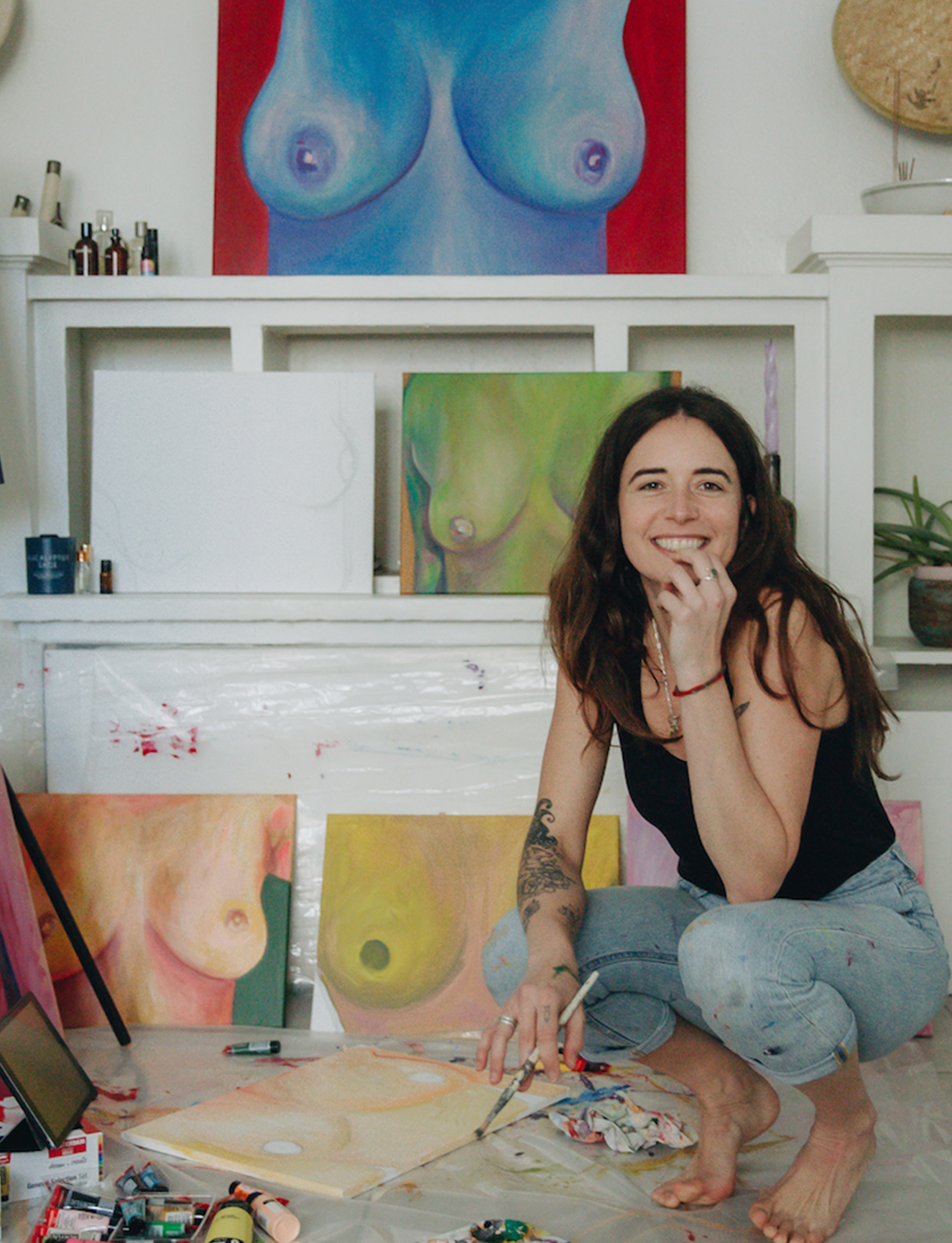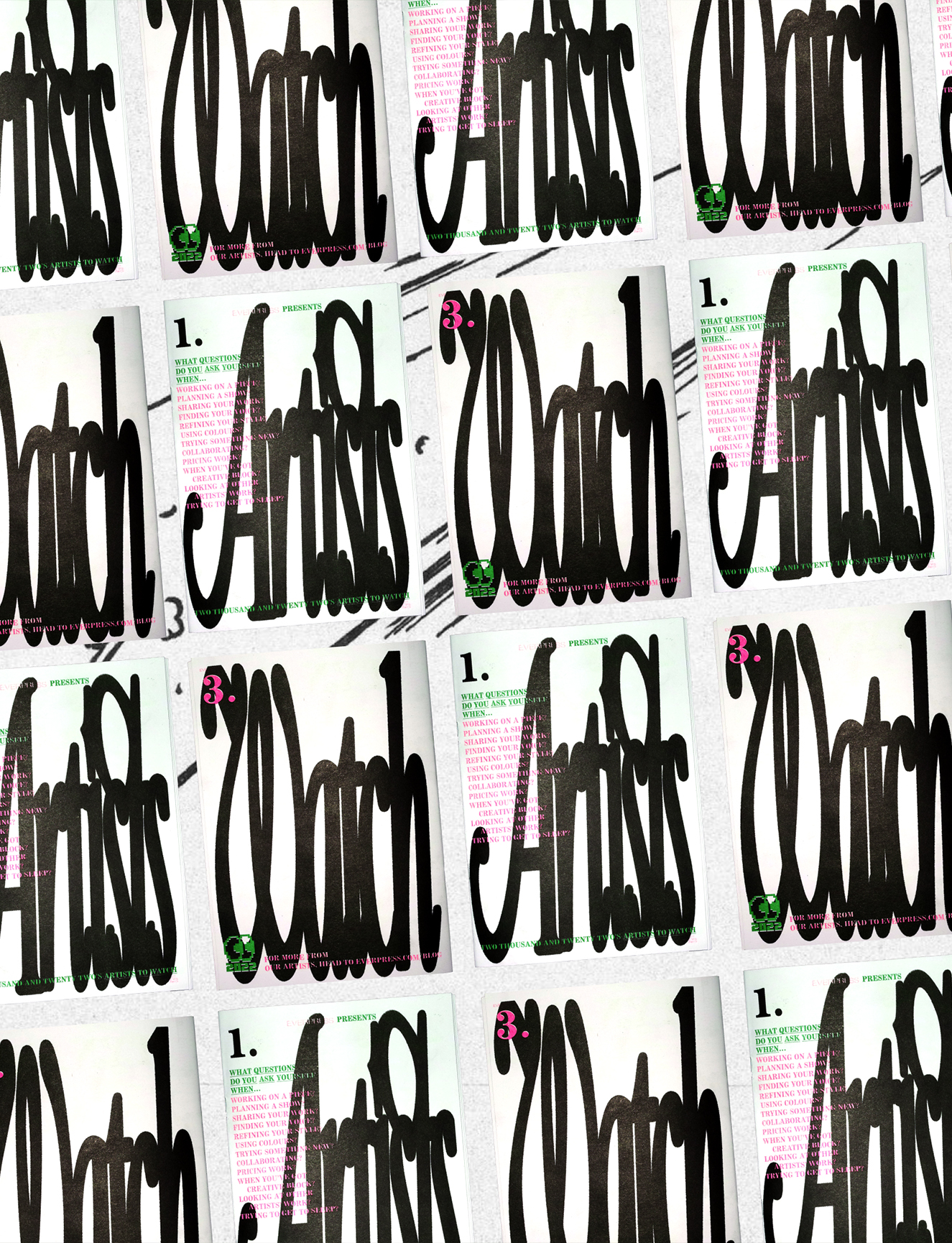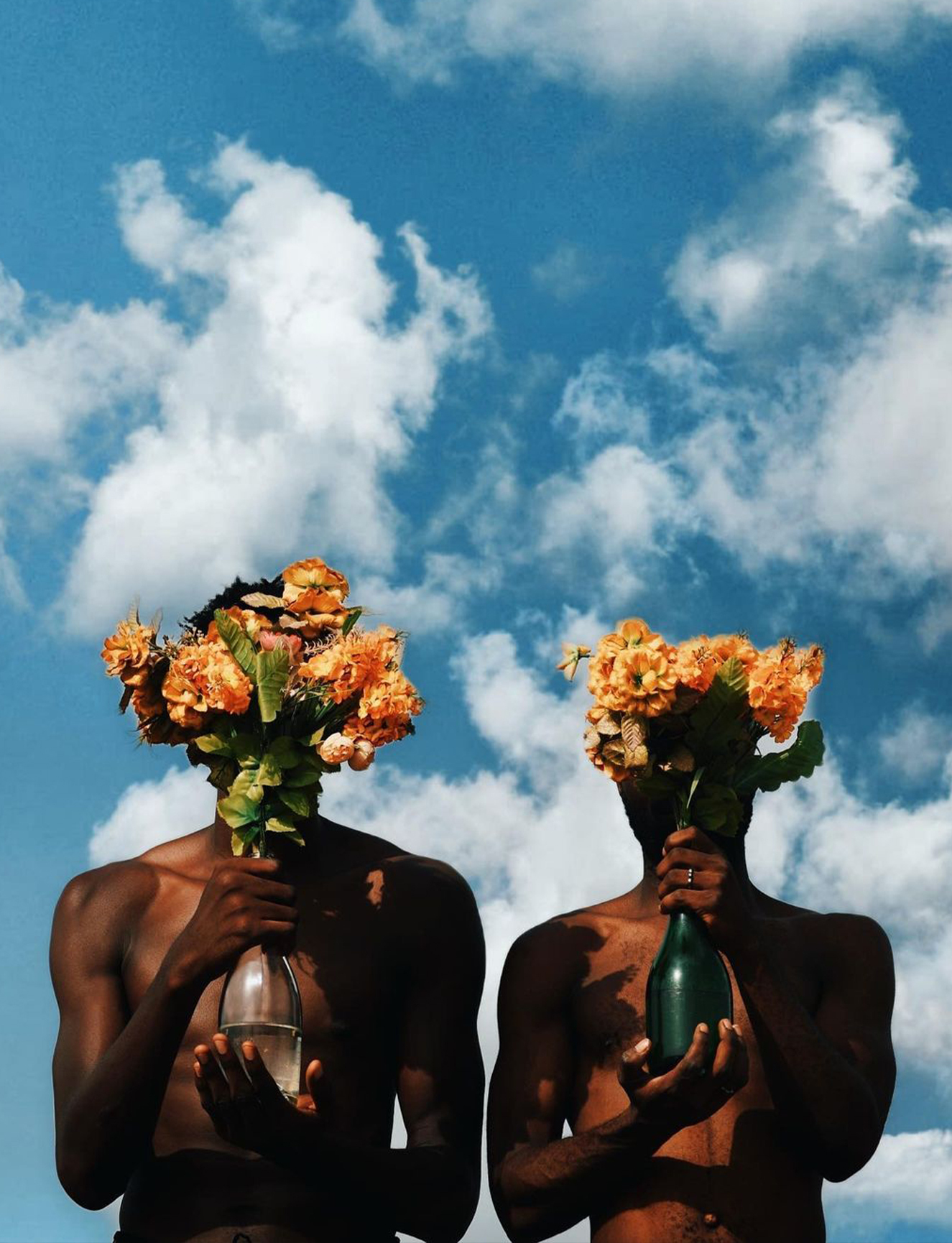What was your childhood like?
I had a childhood full of love. I grew up very close to my grandparents and my aunt from my mother’s side. They all inspired and influenced me. My grandpa kept all the drawings I made, since I was able to even hold a pencil in my hands. Today, I am really grateful for that, especially when I see the drawings (and laugh about them). My grandpa was a silversmith and my grandma was a fitting model and dressmaker. My aunt always dressed perfectly and used lots of makeup – I used to steal it to put on myself, along with her high heels. Looking back, I come from a family of creators and, to a certain extent, artists.
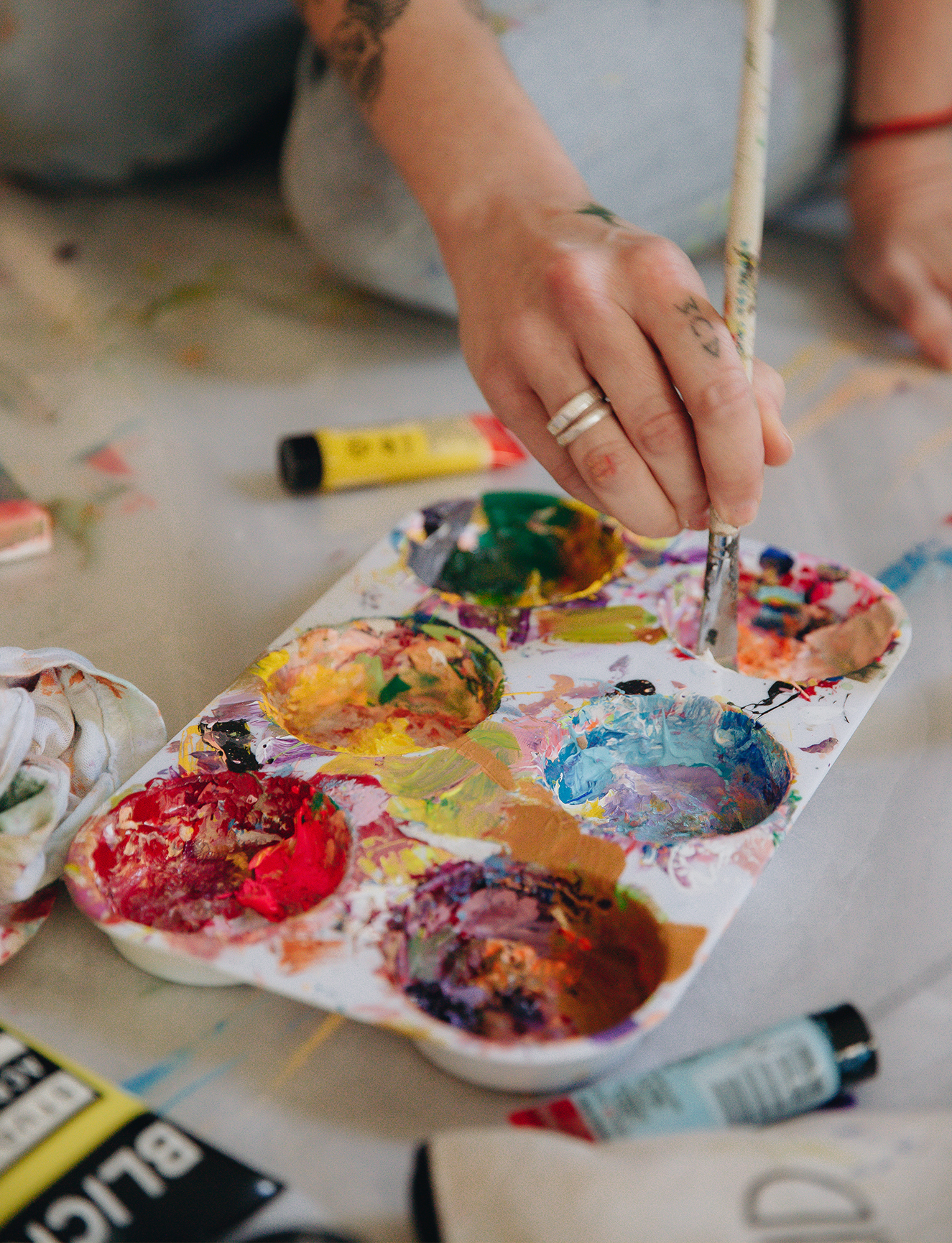
When did you first realise the significance of art?
Art was my way of expressing myself. I was very introverted as a child, to the point that I would turn red if people even tried to engage in conversation with me. I wrote poems, painted, tried various crafts, sewed dresses for my Barbies… I even started a radio station with my best friend. I tried it all, but somehow, when things started getting serious during high school, I dropped it all. I am glad I found my way back a few years ago, thanks to magnificent mentors and patrons who magically came into my life. Today I realise that my art can really touch and inspire others, so it is not about just my self-expression anymore, it is much more!
I come from a family of creators
Do you consider your art to be political?
My art is soft and innocent. I do not consider it political. The human body is fascinating; how different and imperfectly perfect we all are. It might be that people have sexualised the body, but that was definitely not my intention.
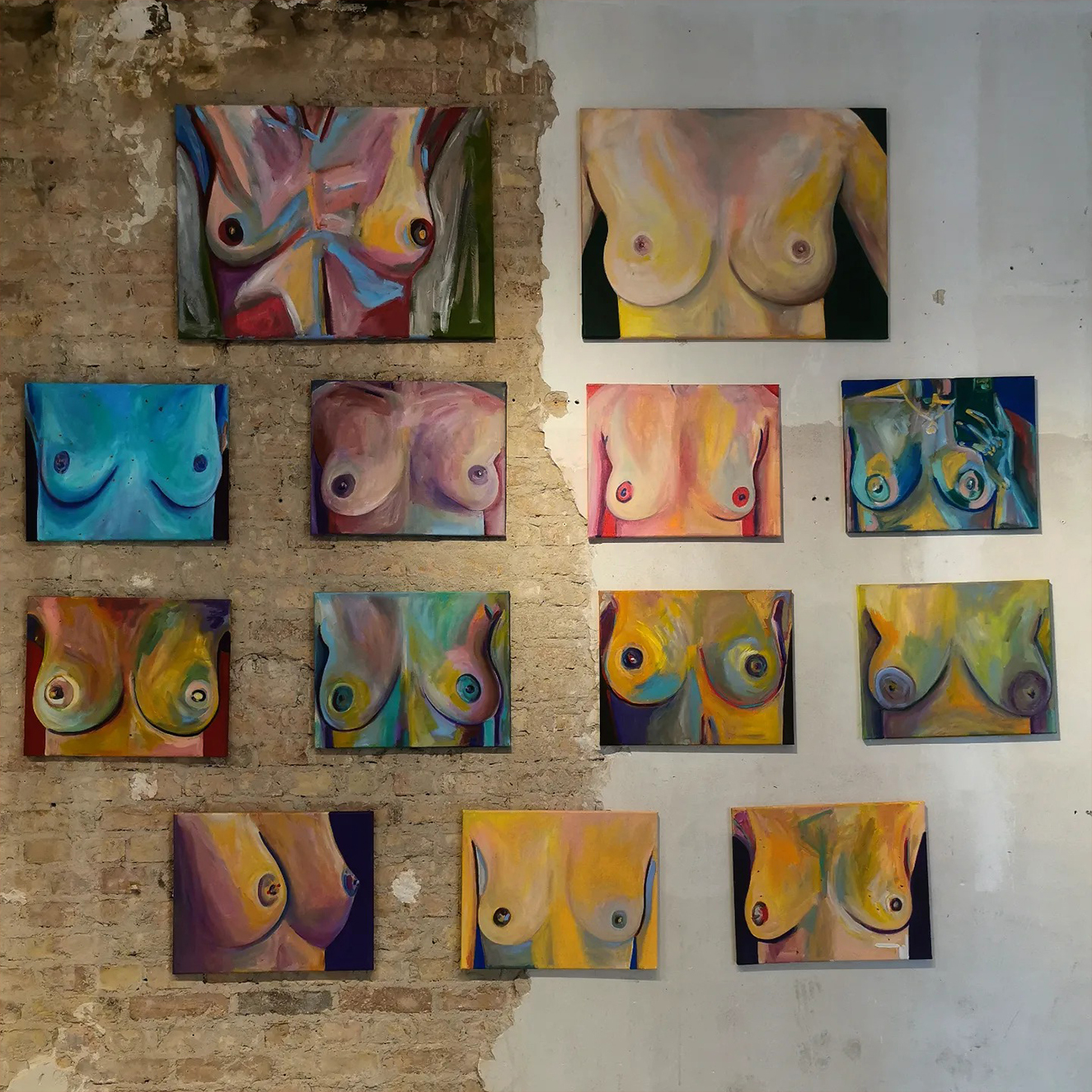
What other jobs did you do before you became a full-time artist?
I have an entrepreneurial spirit. Before fully dedicating myself to art, I founded my own company in the wellness industry (CBD/Cannabis), and prior to that, I worked for over five years in the startup media and tech world for Venture Capitalist, acceleration, and innovation programs. I have always been fascinated by what’s next and by all the opportunities there are to make things different. To be an artist is also to be an entrepreneur. You always need to be innovating and figuring things out.
Why do you think representation can encourage self-acceptance?
It helps individuals to feel seen, understood, and valued, which leads to greater confidence, self-esteem, and self-compassion. It is very important to combat stereotypes, promote inclusivity, and foster empathy. I believe that nowadays, we all have high standards and are very hard on ourselves in terms of how our bodies should look. This brings us closer to reality.
An artist is also an entrepreneur
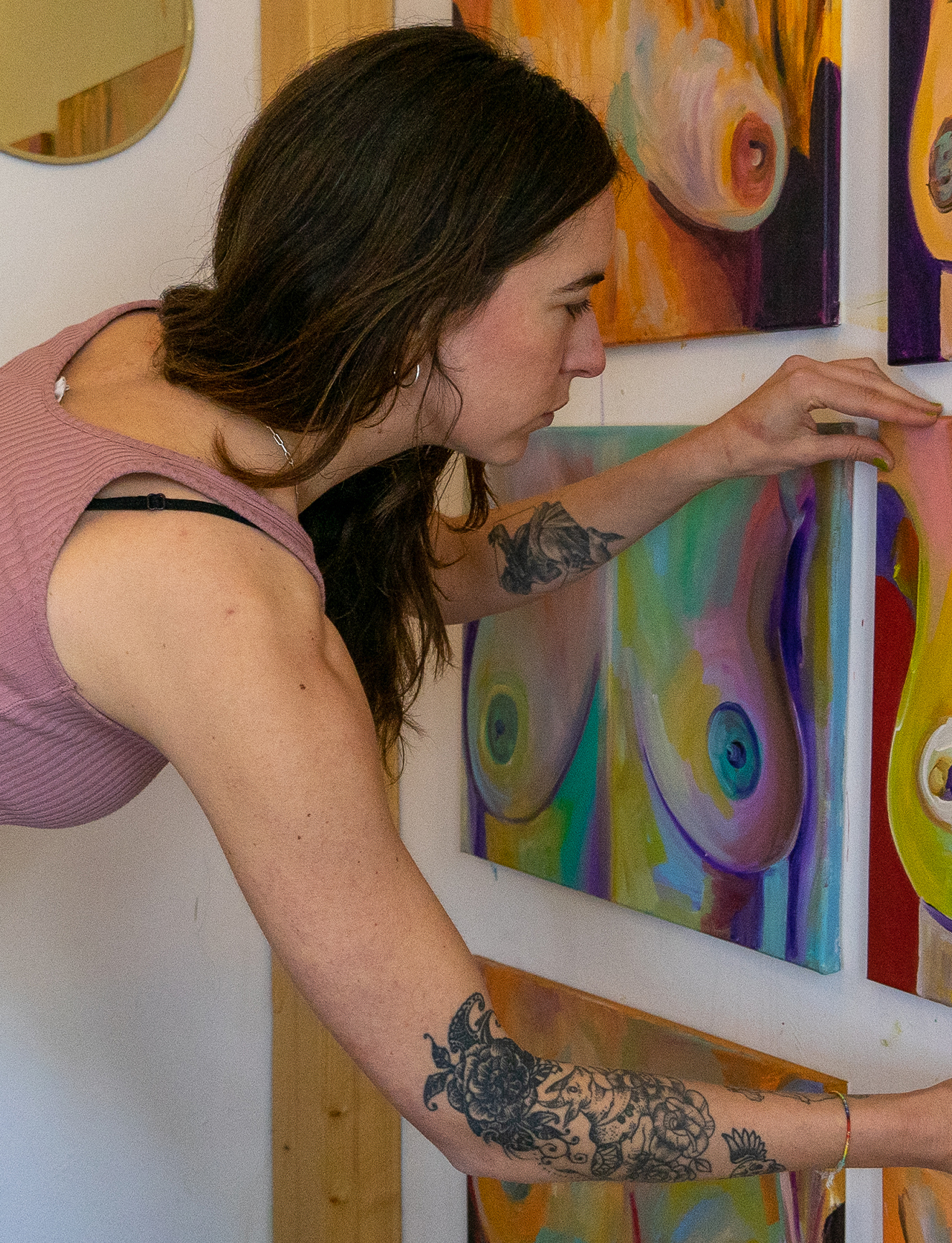
When do you feel most creatively satisfied?
I am satisfied when I have the time for it. I can’t squeeze a painting session into a busy schedule; painting is a ritualistic act. I need to just have the time. When I am painting a portrait, I take at least one hour beforehand for myself to enter the mode. You can’t force artistic creation, and in my experience the good stuff comes most unexpectedly when you have been practising and practising and practising. It surprises you, and I like to be surprised.
When do you know it’s time to give up on something you’re working on?
I do not tend to give up, but I do like taking breaks. I guide myself by the level of joy that a certain activity brings me. It’s time to pause when I feel it starts to become an obligation instead of a joyful pursuit. I have had different experiences with that, and it’s incredible how much it affects the impact of my work.
Read More: It’s A Marathon For Temi Coker



